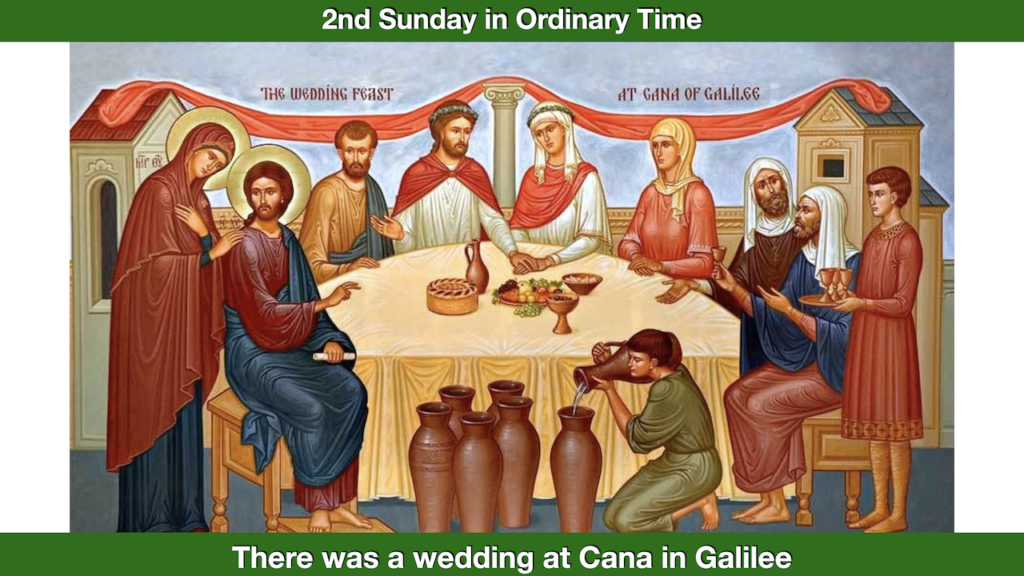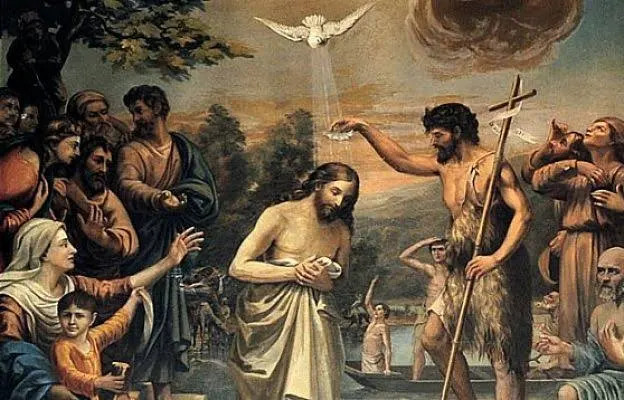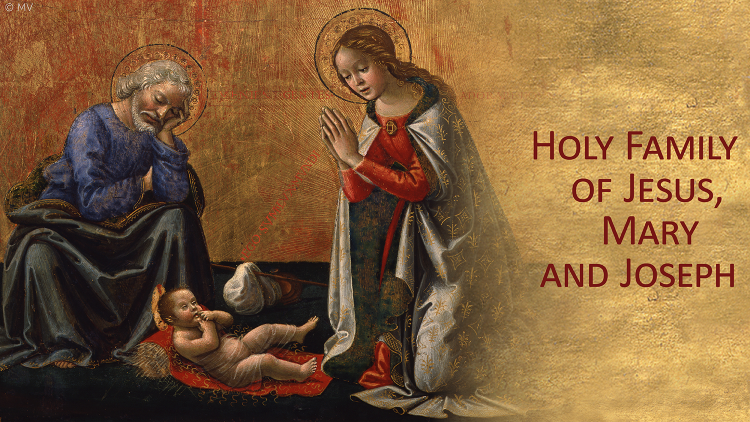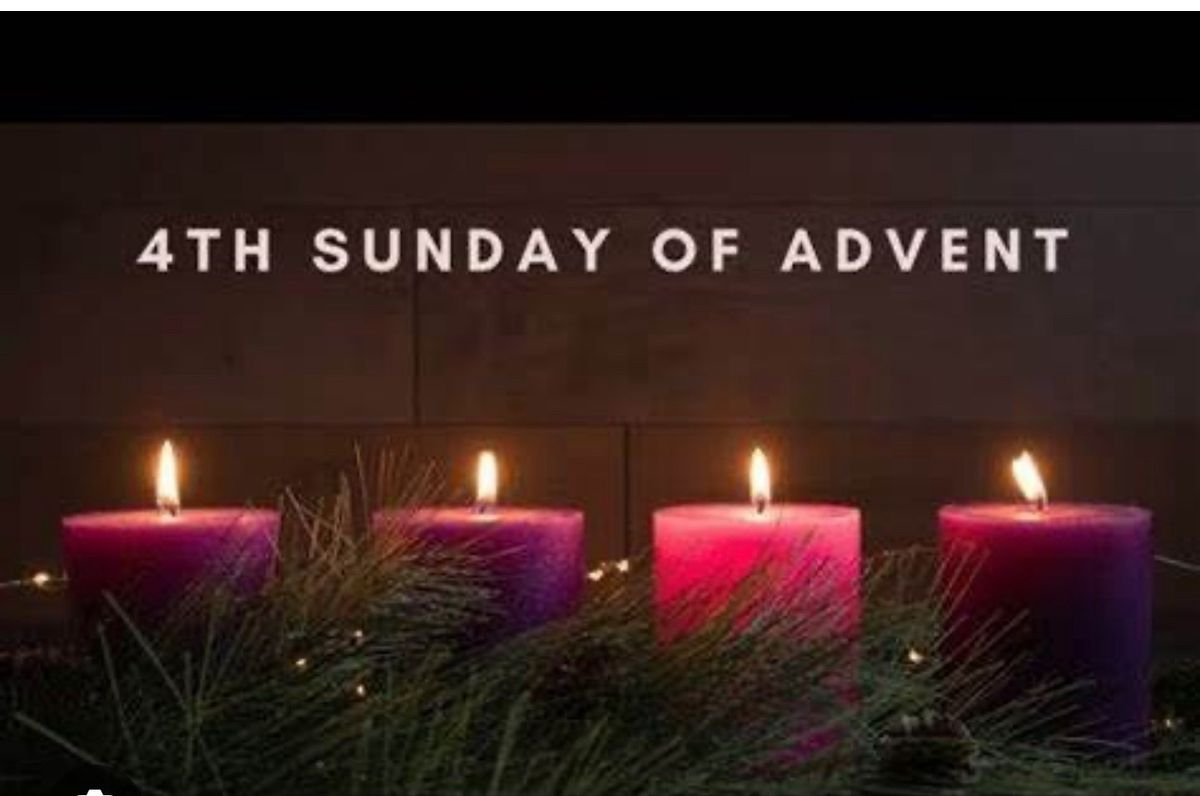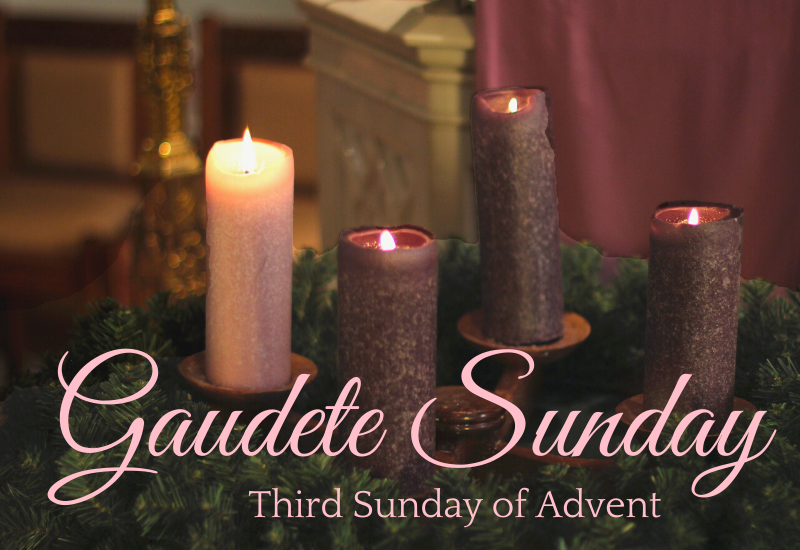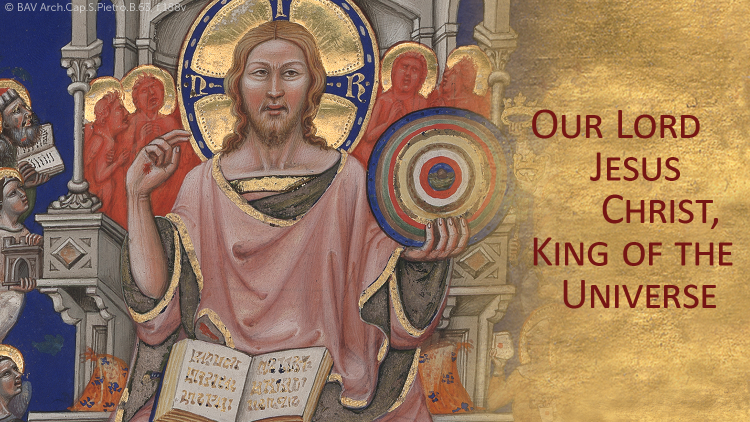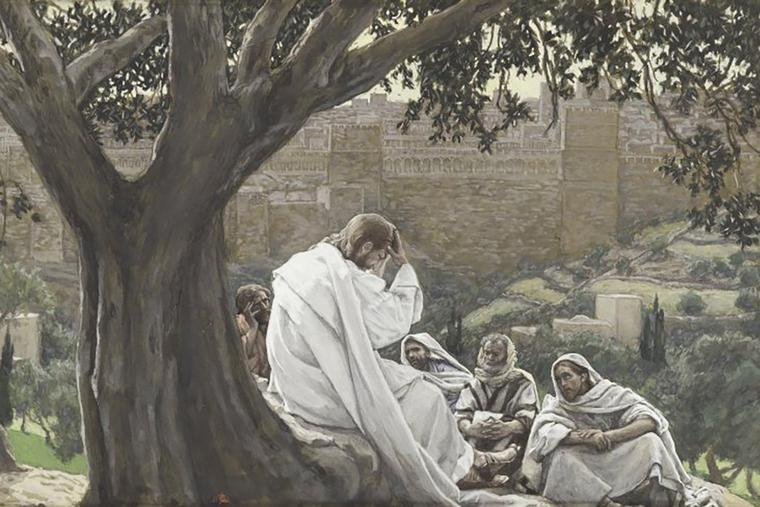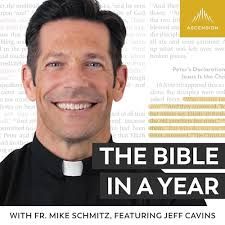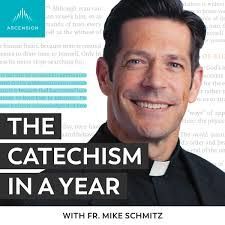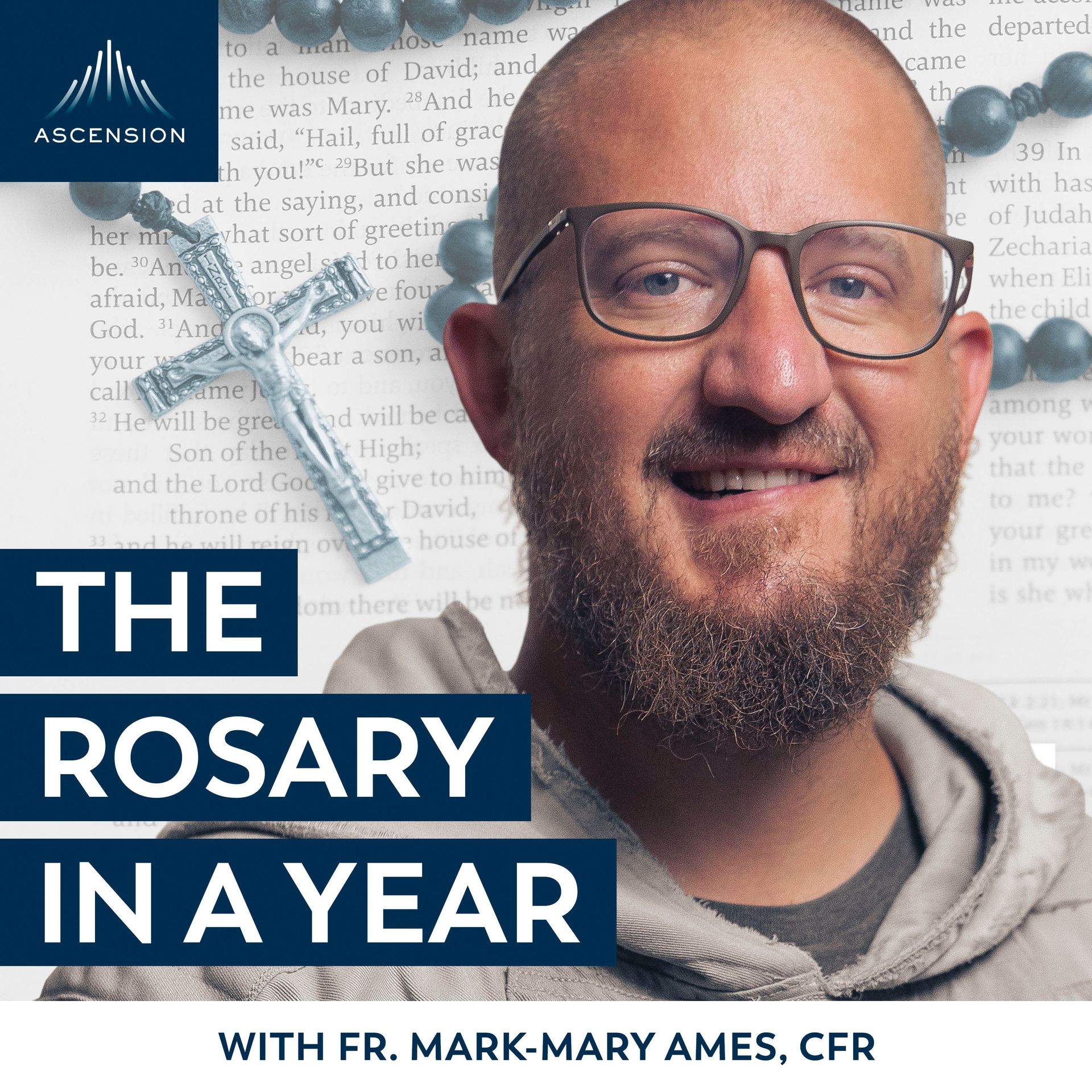Thirty-Second Sunday in Ordinary Time, November 12, 2023
Dear Friends,
The church celebrates this weekend the 32nd Sunday in Ordinary Time, Year A. In Chapter 25 of the Gospel according to Matthew, Jesus tells the parable of the ten virgins. At the end of the parable, Jesus tells us to be like the wise virgins. But if instead we are like the five foolish virgins, then we will find ourselves standing at the door, knocking and crying: “Lord, Lord, open the door for us.” Jesus’s answer will be something you do not want to hear: “I do not know you.” When we make extra time in our lives to be with Jesus – by reading holy Scripture, Adoration, attending Mass on a weekday, in setting time aside at home for quiet prayer – we make sure that we know Him. He will repay that fidelity and prudence with words of recognition: Welcome, my beloved, my faithful one. You kept the light of your love burning steadily for me. Welcome!
We have started another new ministry. Called the “Reception Ministry,” it will help us take care of our front desk needs at the Parish Office. I am grateful to Sandy Samuel for accepting to head up of this ministry and also to the team of wonderful parish women for their willingness to serve in this key ministry. I remember well the days when we had regular volunteers for the front desk, and I am happy that we could reactivate this ministry. We will, however, still have a part-time staff person to be the receptionist.
Please remember our Advent Mission that will be held on November 19-21, 2023, Sunday through Tuesday. Fr. Jim Sichko from the Diocese of Lexington, Kentucky, will be the presenter. His Mission is titled: “60 Minutes for Jesus.” Jim is a full-time preacher, evangelist and motivational speaker. In February 2016, Pope Francis commissioned him as one of his Papal Missionaries of Mercy. He was an opera singer before becoming a priest. When he is not on his mission tours, he lives with Pope Francis in Rome. Block your calendar for this event at once.
Let us now move forward with the Post-Synodal Apostolic Exhortation of Pope Benedict XVI entitled: Sacramentum Caritatis. Have a Blessed Week!
With love,
Fr. John
W e e k 20 — SA C R A M E N T U M C A R I T AT I S ( TH E SA C R A M E N T O F C H A R I T Y : T H E E U C H AR I ST )
CONTINUATION OF THE POST-SYNODAL APOSTOLIC EXHORTATION SACRAMENTUM CARITATIS OF THE HOLY FATHER BENEDICT XVI TO THE BISHOPS, CLERGY, CONSECRATED PERSONS AND THE LAY FAITHFUL ON THE EUCHARIST AS THE SOURCE AND SUMMIT OF THE CHURCH'S LIFE AND MISSION
P A R T T W O : T H E E U C H A R I ST — A M Y ST E R Y T O B E C E L E B R A T E D ( c on t i n u e d )
"Truly, truly, I say to you, it was not Moses who gave you the bread from heaven; my Father gives you the true bread from heaven" (Jn 6:32)
ACTUOSA PARTICIPATION
AUTHENTIC PARTICIPATION
- The Second Vatican Council rightly emphasized the active, full and fruitful participation of the entire People of God in the eucharistic celebration (155). Certainly, the renewal carried out in these past decades has made considerable progress towards fulfilling the wishes of the Council Fathers. Yet we must not overlook the fact that some misunderstanding has occasionally arisen concerning the precise meaning of this participation. It should be made clear that the word "participation" does not refer to mere external activity during the celebration. In fact, the active participation called for by the Council must be understood in more substantial terms, on the basis of a greater awareness of the mystery being celebrated and its relationship to daily The conciliar Constitution Sacrosanctum Concilium encouraged the faithful to take part in the eucharistic liturgy not "as strangers or silent spectators," but as participants "in the sacred action, conscious of what they are doing, actively and devoutly" (156). This exhortation has lost none of its force. The Council went on to say that the faithful "should be instructed by God's word, and nourished at the table of the Lord's Body. They should give thanks to God. Offering the immaculate Victim, not only through the hands of the priest but also together with him, they should learn to make an offering of themselves. Through Christ, the Mediator, they should be drawn day by day into ever more perfect union with God and each other" (157).
PARTICIPATION AND THE PRIESTLY MINISTRY
- The beauty and the harmony of the liturgy find eloquent expression in the order by which everyone is called to participate actively. This entails an acknowledgment of the distinct hierarchical roles involved in the celebration. It is helpful to recall that active participation is not per se equivalent to the exercise of a specific ministry. The active participation of the laity does not benefit from the confusion arising from an inability to distinguish, within the Church's communion, the different functions proper to each one. (158) There is a particular need for clarity with regard to the specific functions of the priest. He alone, and no other, as the tradition of the Church attests, presides over the entire eucharistic celebration, from the initial greeting to the final blessing. In virtue of his reception of Holy Orders, he represents Jesus Christ, the head of the Church, and, in a specific way, also the Church herself. (159) Every celebration of the Eucharist, in fact, is led by the Bishop, "either in person or through priests who are his helpers."(160) He is helped by a deacon, who has specific duties during the celebration: he prepares the altar, assists the priest, proclaims the Gospel, preaches the homily from time to time, reads the intentions of the Prayer of the Faithful, and distributes the Eucharist to the (161) Associated with these ministries linked to the sacrament of Holy Orders, there are also other ministries of liturgical service which can be carried out in a praiseworthy manner by religious and properly trained laity. (162)
THE EUCHARISTIC CELEBRATION AND INCULTURATION
- On the basis of these fundamental statements of the Second Vatican Council, the Synod Fathers frequently stressed the importance of the active participation of the faithful in the eucharistic sacrifice. In order to foster this participation, provision may be made for a number of adaptations appropriate to different contexts and cultures. (163) The fact that certain abuses have occurred does not detract from this clear principle, which must be upheld in accordance with the real needs of the Church as she lives and celebrates the one mystery of Christ in a variety of cultural situations. In the mystery of the Incarnation, the Lord Jesus, born of woman and fully human (cf. Gal 4:4), entered directly into a relationship not only with the expectations present within the Old Testament, but also with those of all peoples. He thus showed that God wishes to encounter us in our own concrete situation. A more effective participation of the faithful in the holy mysteries will thus benefit from the continued inculturation of the eucharistic celebration, with due regard for the possibilities for adaptation provided in the General Instruction of the Roman Missal, (164) interpreted in the light of the criteria laid down by the Fourth Instruction of the Congregation for Divine Worship and the Discipline of the Sacraments Varietates Legitimae of 25 January 1994 (165) and the directives expressed by Pope John Paul II in the Post-Synodal Exhortations Ecclesia in Africa , Ecclesia in America , Ecclesia in Asia , Ecclesia in Oceania and Ecclesia in Europa (166). To this end, I encourage Episcopal Conferences to strive to maintain a proper balance between the criteria and directives already issued and new adaptations (167), always in accord with the Apostolic See.
(155) Cf. Second Vatican Ecumenical Council, Constitution on the Sacred Liturgy Sacrosanctum Concilium, 14-20; 30ff.; 48ff; Congregation for Divine Worship and the Discipline of the Sacraments, Instruction Redemptionis Sacramentum(25 March 2004), 36-42: AAS 96 (2004), 561-564.
(156) No. 48.
(157) Ibid.
(158) Cf. Congregation for the Clergy, Instruction on Certain Questions Regarding the Collaboration of the Non- Ordained Faithful in the Ministry of Priests Ecclesiae de Mysterio (15 August 1997): AAS 89 (1997), 852-877.
(159) Cf. Propositio33.
(160) General Instruction of the Roman Missal,92.
(161) Cf. ibid., 94.
(162) Cf. Second Vatican Ecumenical Council, Decree on the Apostolate of the Laity Apostolicam Actuositatem, 24; General Instruction of the Roman Missal, 95-111; Congregation for Divine Worship and the Discipline of the Sacraments, Instruction Redemptionis Sacramentum(25 March 2004), 43-47: AAS 96 (2004), 564-566; Propositio 33: "These ministries must be introduced in accordance with a specific mandate and in accordance with the real needs of the celebrating community. Those entrusted with these liturgical services must be chosen with care, wellprepared, and provided with ongoing formation. Their appointment must be for a limited term. They must be known to the community and be gratefully acknowledged by the community."
(163) Cf. Second Vatican Ecumenical Council, Constitution on the Sacred Liturgy Sacrosanctum Concilium, 37-42.
(164) Cf. General Instruction of the Roman Missal,386-399.
(165) Congregation for Divine Worship and the Discipline of the Sacraments, Instruction on the Roman Liturgy and Inculturation Varietates Legitimae(25 January 1994): AAS 87 (1995), 288-314.
(166) Post-Synodal Apostolic Exhortation Ecclesia in Africa(14 September 1995), 55-71: AAS 88 (1996), 34-47; Post-Synodal Apostolic Exhortation Ecclesia in America(22 January 1999), 16, 40, 64, 70-72: AAS 91 (1999), 752-753, 775-776, 799, 805-809; Post-Synodal Apostolic Exhortation Ecclesia in Asia(6 November 1999), 21ff.: AAS 92 (2000), 482-487; Post-Synodal Apostolic ExhortationEcclesia in Oceania(22 November 2001), 16: AAS 94 (2002), 382-384; Post-Synodal Apostolic Exhortation Ecclesia in Europa(28 June 2003), 58-60: AAS 95 (2003), 685-686.
(167) Propositio26.
